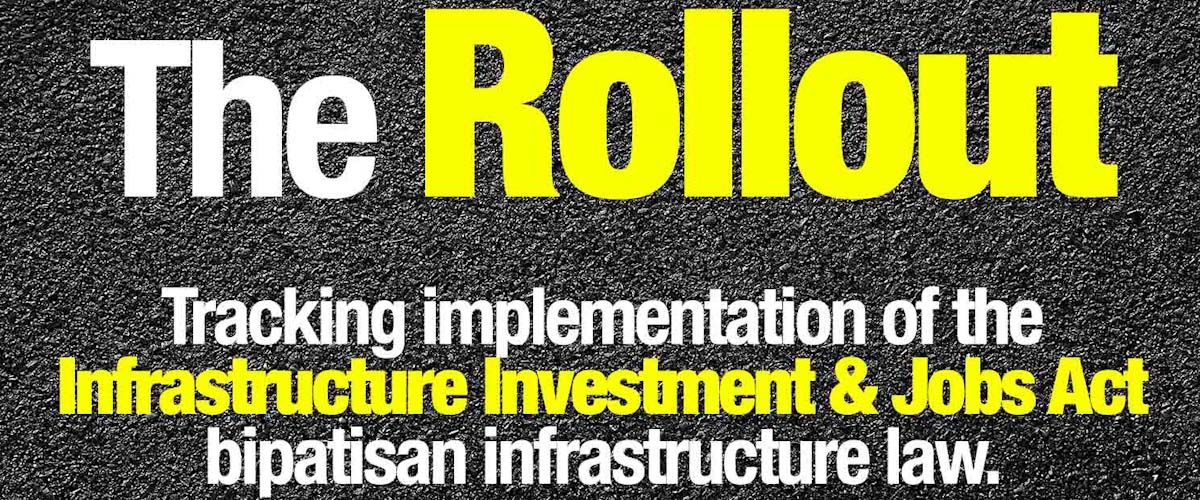Overview
America’s trucking industry moves 10.23 billion tons of goods over the road every year. Transporting more than 72% of our nation’s freight, trucks travel more than 300 billion miles annually. Ensuring the safe and timely delivery of this tonnage and the smooth flow of interstate commerce depends on a robust and well-maintained highway network. These roads and bridges are the trucking industry’s office and where millions of professional drivers go to work every day.

America’s trucking industry moves 10.23 billion tons of goods over the road every year. Transporting more than 72% of our nation’s freight, trucks travel more than 300 billion miles annually. Ensuring the safe and timely delivery of this tonnage and the smooth flow of interstate commerce depends on a robust and well-maintained highway network. These roads and bridges are the trucking industry’s office and where millions of professional drivers go to work every day.
The American Trucking Associations supports a highway system that is financed primarily by user fees – paid by those who use the roads. We support investments in infrastructure projects that are most critical to the movement of freight and interstate travel. A longtime supporter of the fuel tax as the primary source of revenue for federal highway investment, ATA opposes the tolling of existing highways, weight-distance taxes, and other inefficient funding and finance mechanisms. We also oppose fees, including vehicle miles traveled fees, that are imposed only on trucks.
Issue Spotlight: The Bipartisan Infrastructure Bill
ATA strongly supported passage of the Infrastructure Investment and Jobs Act (IIJA), signed into law on November 15, 2021. Commonly known as the Bipartisan Infrastructure Law, IIJA authorizes $477 billion in new funding over the next five years for surface transportation programs, including $351 billion for highways — a 38% boost above the baseline levels set in the last highway reauthorization bill, the FAST Act. Of that pot, $40 billion is dedicated for bridges — the largest infusion of federal funding into our nation's bridge network since the formation of the Interstate Highway System.
As the trucking industry stands to benefit from many aspects of this law, we are closely tracking its implementation. Visit our IIJA page, The Rollout, for more information on state-by-state formula funding, competitive grant applications, funding, truck parking projects, and other related highway programs.
ATA Positions
Highway Funding
We support robust investment in the highway system, with revenue coming primarily from highway user fees. We oppose the diversion of money from highway user fees for non-highway purposes. We work to ensure that federal investment is directed toward highway projects with the greatest safety and economic benefits on a national or regional level.
Highway Reauthorization Bill
ATA supports a long-term federal highway reauthorization bill that provides sufficient funding and promotes policies to support safer, more efficient highways.
Tolls
We support a toll-free National Highway System. We oppose the imposition of tolls on existing general-purpose lanes of the Interstate Highway System.
Truck Size and Weight
ATA supports federal regulation of truck sizes and weights that promotes interstate commerce. We believe states should have greater flexibility to authorize the operation of more productive vehicles that comply with maximum federal gross, axle and bridge formula limits that better reflect engineering principals.
Truck Route Access
ATA supports retention of federal law protecting truck access to the National Network and reasonable access routes. We work to ensure strict compliance with federal law by state and local governments.
Truck Parking
The federal government should promote policies and provide resources to ensure that trucks have adequate long-term parking facilities. Truck drivers must be provided with a safe environment to rest in order to drive safely and comply with federal hours-of-service requirements.
